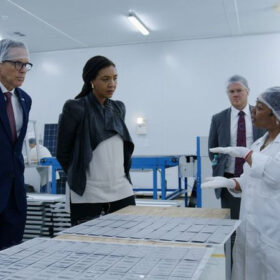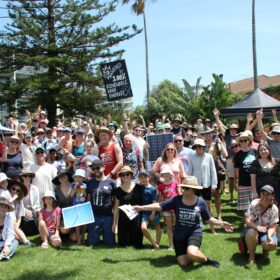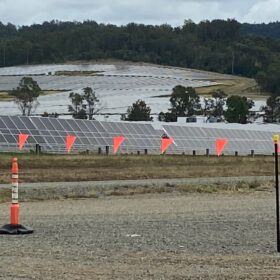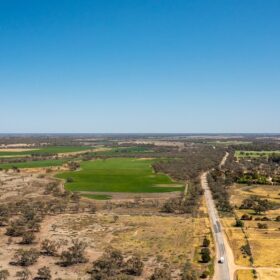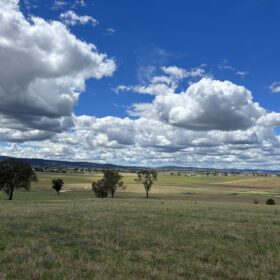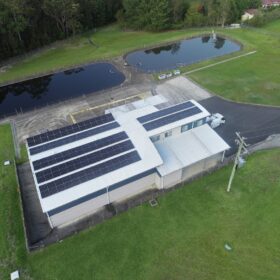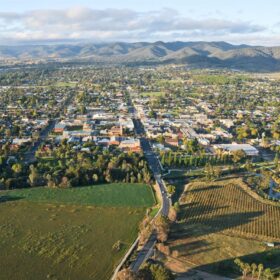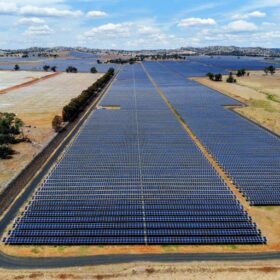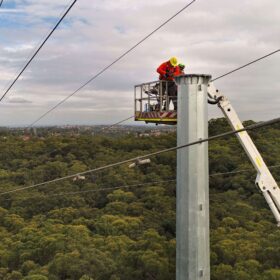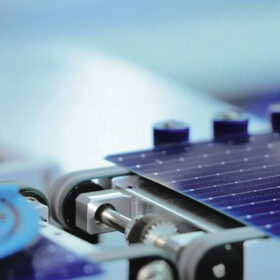Weekend Read: Blackouts trigger a PV pivot
Decades of mismanagement have eroded trust in South Africa’s state-owned energy utility, Eskom. Last year, households and businesses suffered daily blackouts of up to 10 hours, or even longer. Solar and battery energy storage are booming but a domestic PV manufacturing industry has yet to materialize.
Bowen says coalition ‘whipping up community concern’ over renewables, energy transition
Climate Change and Energy Minister Chris Bowen has accused the Liberal and National parties of fomenting community opposition to renewable energy development, in a webinar hosted by Smart Energy Council today. Bowen warned the “fight isn’t over the and stakes are very high,” at the next election for Australia’s energy transition.
Communities rally to say ‘yes to renewables’
Renewable energy supporters and unions were activated last weekend to attend simultaneous family events in Wollongong and Newcastle, NSW, Gippsland and Portland, Victoria, and Gladstone, Queensland in support of solar, wind, and large scale energy storage. The events stood in contrast to growing community resistance to renewables and electricity transmission projects.
Commissioning process spoils improvements in solar project timelines
Australia’s energy transition risks falling behind with a new report showing that the time required to plan, build and commission a large-scale solar farm is almost four years with the final stage of the process having blown out to six months or more.
Transgrid unveils preferred route for VNI West project
Transgrid has released details of its preferred route for the northern portion of the VNI West interconnector project that will connect the New South Wales and Victoria electricity grids.
Elgin gets go-ahead for Glanmire solar and storage project
Elgin Energy’s Glanmire solar farm and battery energy storage system planned for the New South Wales Central Tablelands region has been given the tick of approval by the state’s Independent Planning Commission – subject to “strict” conditions set in recognition of community concerns.
Melbourne partners with Origin Zero on city-wide battery project
The City of Melbourne has partnered with Origin Zero to deliver three battery energy storage systems as part of its plan to establish a network of co-ordinated community batteries across the city to better manage the increasing penetration of rooftop solar and periods of peak demand on the network.
NSW council turns to solar to power water and sewer sites
The MidCoast Council in the New South Wales Hunter region has made the shift to solar to help power its water and sewer infrastructure as part of a broader commitment to powering all council operations with 100% renewable energy by 2040.
Developer eyes new opportunities after Mudgee solar farm rejected
Renewables company ITP Development will continue to look for opportunities in regional New South Wales despite the Land and Environment Court having killed off the company’s plans to build a large-scale solar farm near Mudgee in the state’s central west.
EnergyCo announces access rights update for Central-West Orana REZ
Renewable energy generators chasing access rights to the new Central-West Orana Renewable Energy Zone network will be presented with a streamlined application process as the New South Wales government prioritises achieving financial close on the network project.
